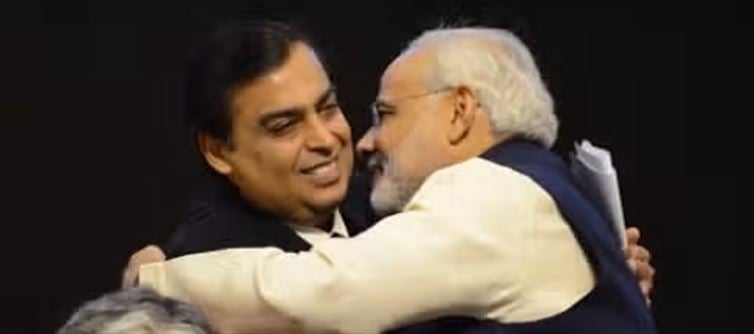
Instead, the primary beneficiaries appear to be the indian government and large private refiners. The central and state governments have significantly increased excise duties and VAT on fuel over the past decade, converting petrol and diesel into major revenue sources. In fact, fuel taxes now constitute over 50% of the retail price in many states. At the same time, india has saved billions—an estimated $7–10 billion annually—by purchasing cheaper Russian crude. But rather than using this windfall to ease the burden on consumers or improve public services, the government has focused on fiscal consolidation and covering deficits, often at the cost of household budgets and transport-dependent industries.
Private oil refiners, too, have gained handsomely by refining discounted Russian oil and exporting finished petroleum products at global market prices. This has turned india into a refining hub, but the profits remain concentrated among a few corporate players. Meanwhile, the indian public faces persistently high fuel prices, which drive inflation, increase transport costs, and reduce disposable income. The question remains: if the nation is saving so much through discounted oil, why are the people still paying premium prices? The answer lies in skewed priorities—where taxation and profit overshadow affordability and public welfare.




 click and follow Indiaherald WhatsApp channel
click and follow Indiaherald WhatsApp channel